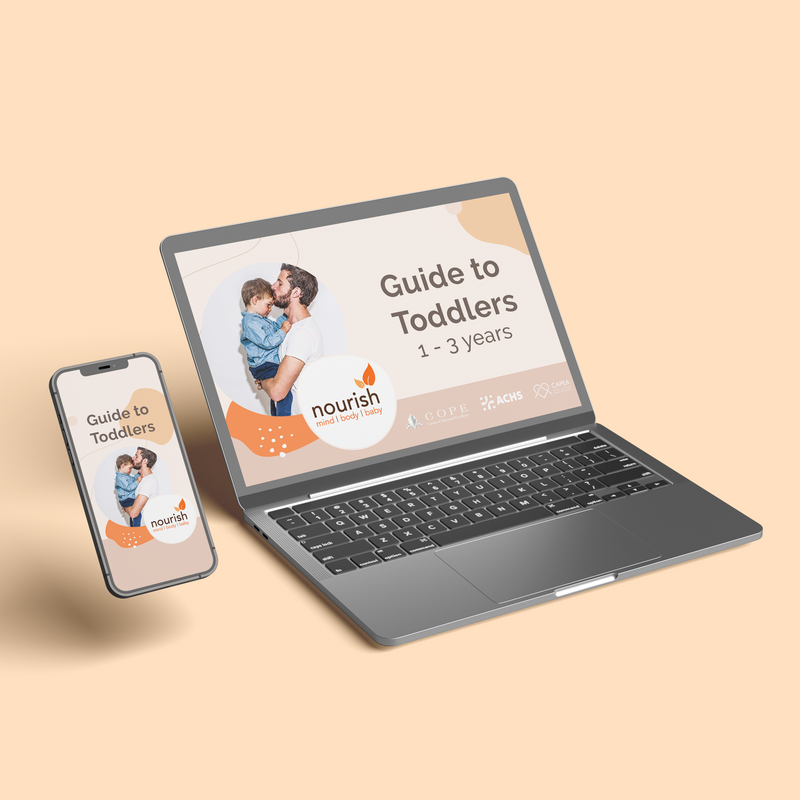Toddlers often have difficulty settling and sleeping in new environments. If you are looking after your grandchild overnight, you can do the following:
- Get your toddler to help set up their new bed
- Provide positive encouragement and praise your grandchild for growing up and being away from home
- Bring a blanket from your their regular bed
- Use the same bedtime routine they follow at home
- Allow your grandchild to nap at your house before attempting an overnight stay
- Take the pressure off sleep by allowing your grandchild to stay awake until they are tired
It’s a good idea to let your grandchild become used to your home before looking after them overnight. The more comfortable the toddler is in your home, the easier it will be for them to sleep.
Avoid making sleep a stressful experience. Your grandchild may have trouble settling, but keep things in perspective – staying at your home is a new and exciting experience. They may need a nap the next day, but missing out on a little bit of sleep won’t be harmful.
Experiencing stress and negative feelings is normal when looking after young children. Our grandparents guide recommends managing stress by:
- Leaving your child with another responsible adult when you need a break
- Spend time with other grandparents in the same position
- Find time to do something you enjoy during the day
- Learn about toddler development to help understand their behaviour
- Ask for support if you are too stressed to look after your grandchild
- Get some physical activity by taking your grandchild outside or to a local park
- Make sure your grandchild is safe and then leave the room if you are becoming overwhelmed
Communicating with young children can be frustrating. If your grandchild isn’t listening, you can try the following tactics:
- Go to your grandchild, get their attention and make eye contact when making a request
- Give a simple explanation of why you want them to do something
- Ask questions and listen to the answers
- Offer multiple choices to engage your grandchild in the decision making process
- Establish routines that reduce the need for giving instructions about play, mealtimes and bedtimes
It’s important to remain calm when talking to young children. Getting upset or yelling only increases frustration and stress for the both of you. Listening to your toddler and using direct communication will be far more effective than simply telling them what to do.
New foods are part of growing up, but it can be difficult to convince toddlers to try something new. If your grandchild is a fussy eater you can:
- Model good behaviour by eating a wide variety of balanced meals
- Don’t be put off if a toddler rejects food – you may need to offer an individual food up to 10 times before a young child will choose to eat it
- Introduce new foods and textures as early as possible
- Allow toddlers to explore their foods and feed themselves
- Offer alternative foods from within the same food group (e.g. substitute cheese for yoghurt)
- Present food attractively
- Eat as a family and make mealtimes an enjoyable event
- Stay calm about fussy eating in toddlers
- Avoid bribing children with treats, lollies, biscuits, milk or dessert
Remember that toddlers grow slower than babies. Toddlers aged 2-3 typically only need to eat about 2,100-2,400kJ per day. If your grandchild appears to be fussy only some of the time, they might not be hungry. Try to reduce snacking and then allow your grandchild to eat as much as they want at mealtimes.
Consult your GP if you are concerned about how much your grandchild is eating.





















